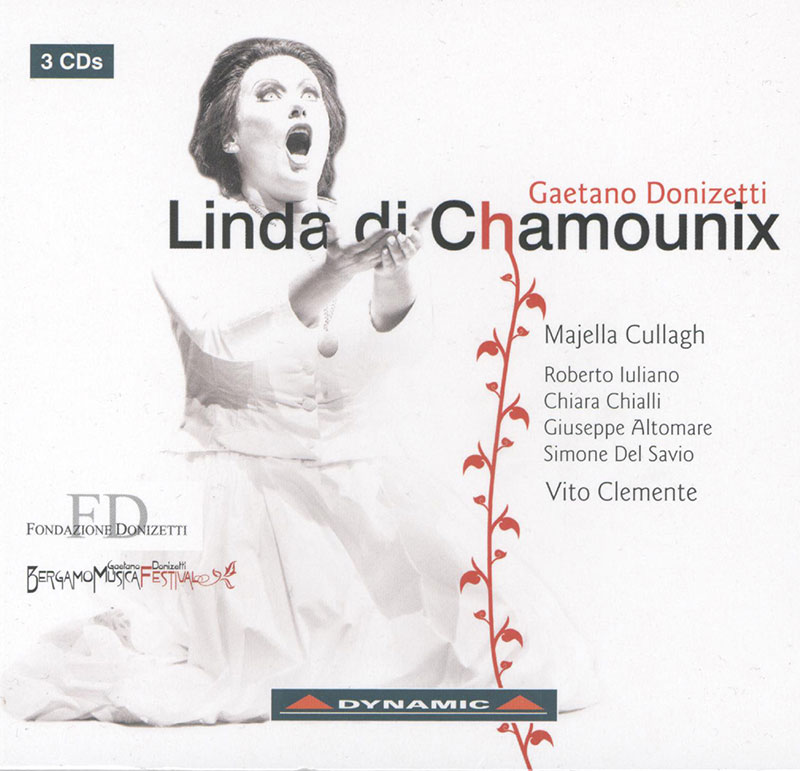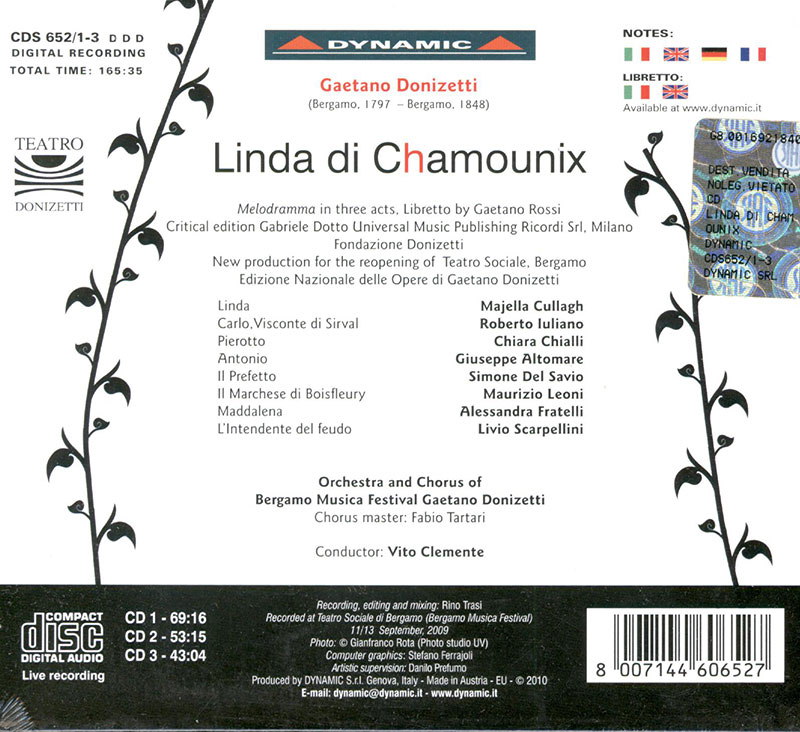Logowanie
Dlaczego wszystkjie inne nie brzmią tak jak te?
Chai Lang, Fan Tao, Broadcasting Chinese Orchestra
Illusive Butterfly
Butterly - motyl - to sekret i tajemnica muzyki chińskiej.
SpeakersCorner - OSTATNIE!!!!
RAVEL, DEBUSSY, Paul Paray, Detroit Symphony Orchestra
Prelude a l'Apres-midi d'un faune / Petite Suite / Valses nobles et sentimentales / Le Tombeau de Couperin
Samozapłon gwarantowany - Himalaje sztuki audiofilskiej
PROKOFIEV, Stanislaw Skrowaczewski, Minneapolis Symphony Orchestra
Romeo and Juliet
Stanisław Skrowaczewski,
✟ 22-02-2017
BARTOK, Antal Dorati, Philharmonia Hungarica
Dance Suite / Two Portraits / Two Excerpts From 'Mikrokosmos'
Samozapłon gwarantowany - Himalaje sztuki audiofilskiej
ENESCU, LISZT, Antal Dorati, The London Symphony Orchestra
Two Roumanian Rhapsodies / Hungarian Rhapsody Nos. 2 & 3
Samozapłon gwarantowany - Himalaje sztuki audiofilskiej
Winylowy niezbędnik
ClearAudio
Cartridge Alignment Gauge - uniwersalny przyrząd do ustawiania geometrii wkładki i ramienia
Jedyny na rynku, tak wszechstronny i właściwy do każdego typu gramofonu!
ClearAudio
Harmo-nicer - nie tylko mata gramofonowa
Najlepsze rozwiązania leżą tuż obok
IDEALNA MATA ANTYPOŚLIZGOWA I ANTYWIBRACYJNA.
Wzorcowe
Carmen Gomes
Celebrating the art and spirit of music - vol. 5 - Reference Songs
- CHCECIE TO WIERZCIE, CHCECIE - NIE WIERZCIE, ALE TO NIE JEST ZŁUDZENIE!!!
Petra Rosa, Eddie C.
Celebrating the art and spirit of music - vol. 3 - Pure
warm sophisticated voice...
SAMPLER - STS DIGITAL, Gregor Hamilton
Celebrating the art and spirit of music - vol. 2 - Love songs from Gregor Hamilton
...jak opanować serca bicie?...
SAMPLER - STS DIGITAL
Celebrating the art and spirit of music - vol. 1 - Leonardo Amuedo
Największy romans sopranu z głębokim basem... wiosennym
Lils Mackintosh
Celebrating the art and spirit of music - vol. 4 - A Tribute to Billie Holiday
Uczennica godna swej Mistrzyni
DONIZETTI, Majella Cullagh, Roberto Iuliano, Orchestra of the Gaetano Donizetti Music Festival of Bergamo, Vito Clemente
Linda di Chamounix

Linda di Chamounix, first performed at the Kärntnertortheater in Vienna on 19th May 1842, is one of Gaetano Donizetti's last operas. In the early 1840s Donizetti was at the height of his success but had not lost the habit of working hurriedly, a habit that had never prevented him from writing masterpieces like the five operas which closed his career: masterpieces that unfortunately have not always been recognised as such. Linda di Chamounix is a different case, a work belonging to semi-serious opera genre that has never left repertoire though without ever becoming a really well-loved opera. When he had finally become a successful opera composer, Donizetti had hoped for a commission from the Kärntnertortheater, run by two very powerful Italian impresarios in the early 1840s: Bartolomeo Merelli (who was also the impresario of La Scala in Milan) and Carlo Balocchino. In September of the same year Merelli asked Donizetti to write two new operas, one for La Scala (the future Maria Padilla) and one for the Kärntnertortheater. Donizetti accepted and after finishing Maria Padilla towards December 1841, he set to work on the new opera for Vienna, which was completed in early March of the following year. The new opera, entitled Linda di Chamounix, was based on a play by two French writers, Adolphe-Philippe d'Ennery and Gustave Lemoine, called La grâce de Dieu (the Grace of God), which had been first performed in Paris a few months previously, in January 1841. The first performance of the opera, postponed several times, finally came about on the evening of 19th May 1842, conducted by the composer himself. It was an enormous success with the public, thanks in part to the magnificent performance of the vocal cast, notably the great Eugenia Tadolini (Linda), Napoleone Moriani (Carlo) and Felice Varesi (Antonio); press critics too, in long, highly detailed reviews that were unimaginable at the time in Italy, heaped praise on the opera, extolling its perfect orchestration, its delightful melodic invention and, carried away on a wave of enthusiasm, even the quality and psychological finesse of the libretto. Linda di Chamounix was considered Donizetti's most "German" opera, and he quickly became the homme du jour: high society in Vienna welcomed him warmly and the official world of the capital did not fail to recognise him. On 17th November Linda di Chamounix was performed again at the Théâtre Italien in Paris, again with an outstanding cast. As was customary at the time, Donizetti made a few changes to the score to suit it to the new cast, the most important and best known of which was the insertion of a new aria for Linda, O, luce di quest'anima, written to exalt Tacchinardi Persiani's virtuoso skills; this addition was highly appreciated by the Paris audience. The composer from Bergamo, who was to all effects a subject of the Habsburg empire, received the honorary titles of Hofkompositeur and Kammerkapellmeister, and was also made an honorary member of the Gesellschaft der Musikfreunde. In return, when the opera was published by Ricordi, Donizetti dedicated it to the emperor's wife, Maria Anna. Cast Linda Majella Cullagh Carlo Visconte di Sirval Roberto Iuliano Pierotto Chiara Chialli Antonio Giuseppe Altomare Il Prefetto Simone Del Savio Il Marchese di Boisfleury Maurizio Leoni Maddalena Alessandra Fratelli L'Intendente del Feudo Livio Scarpellini Conductor Vito Clemente Orchestra Orchestra of the Gaetano Donizetti Music Festival of Bergamo Chorus Chorus of the Gaetano Donizetti Music Festival of Bergamo Chorus master Fabio Tartari
























